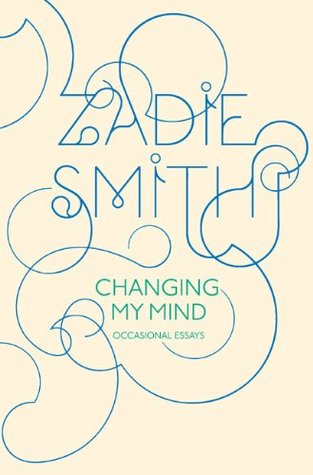Marxist
(en)
relating to or denoting the political and economic theories of Karl Marx and Friedrich Engels (noun or adj)
Highlighted phrases
eclectic use was made of elements of the Marxist tradition
A Marxist Supernanny would of course turn away from the troubleshooting of individual families to look at the structural causes which produce the same repeated effect.
Gaghan's talent is for Marxist explication, demonstrating how one transaction contains within it elements of the entire system it supports.
about Syriana
'[...] They maintained their Marxist style of diagnosing problems in relation to root causes, internal logics and overarching structures.'
quoting Andrew Hartman in A War for the Soul of America on the neoconservatives of the 1930s, who started out as Trotskyist
The question of who is a Marxist today is highly complex. It always has been, because this current has always been plural. [...] Moreover, all contemporary critical theories are, in a sense, ‘post-Marxist’. Marxism was so dominant in the twentieth century that no theory escaped its influence.
Marxists, for instance, are usually atheists, but they believe that human life, or what they would prefer to call ‘history’, has a meaning in the sense of displaying a significant pattern.
the philosophy of Marx – which I conceived as a problematic open to all kinds of transformations, reformulations and extrapolations, whose starting point is not the oblivion of Marx’s words and sentences but their intrinsic vacillation – and Marxism – an intellectual and institutional historical phenomenon, circumscribed in time by the end of the historical cycle of organization of the labour movement and class struggle
The presentation of Marxism as a world-view long ago coalesced around the formula, the ‘three sources of Marxism’: German philosophy, French socialism and British political economy.







